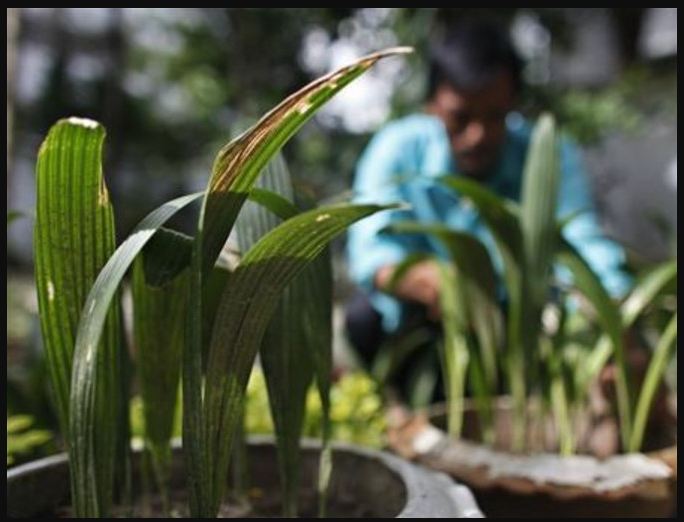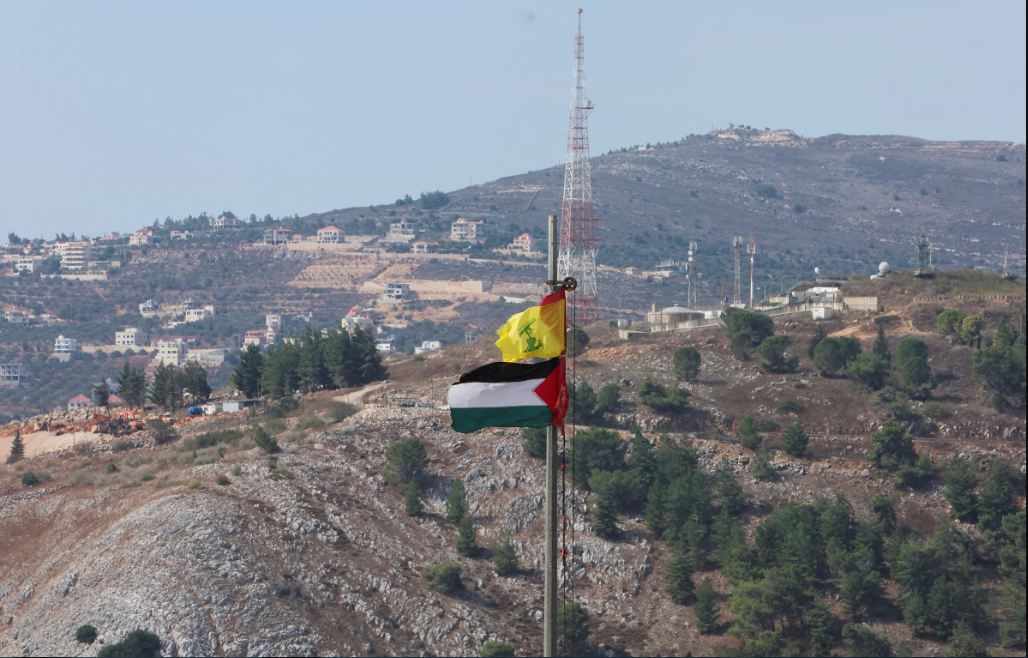Bangladeshi Farmer Inspires Fruit Sapling Export to Gulf Countries
Alam began exporting fruit saplings to Qatar in 2019 and later expanded his market to include the United Arab Emirates (UAE) and Oman.
Shamsul Alam, a farmer from Cumilla, Bangladesh, has achieved significant success in exporting fruit saplings to the Gulf region after years of research and trials at his nursery. Located about 100 kilometers from Dhaka, his nursery has become a source of inspiration for other Bangladeshi farmers looking to follow in his footsteps.
Alam began exporting fruit saplings to Qatar in 2019 and later expanded his market to include the United Arab Emirates (UAE) and Oman. Over the past few years, he has successfully exported approximately 150,000 saplings to these Gulf countries, allowing residents to experience the taste of Bangladeshi fruits through locally grown orchards.
His entry into the Gulf market coincided with the growing momentum of afforestation programs in the region. Gulf countries have been increasingly focused on environmental conservation and have recognized the importance of planting trees for a sustainable future.
This year, Alam’s primary focus is on mango trees. He has already prepared several varieties of Bangladeshi mango saplings at his Green World Nursery. Dubai, in particular, has placed an order for 400 Bangladeshi mango saplings with seven different varieties. Dr. Reza Khan, the principal wildlife specialist at Dubai Safari Park, plans to cultivate these saplings in the Dubai desert as part of an experimental initiative.
The potential for Bangladeshi growers in the Gulf market is significant. While it costs approximately $2 to prepare a tree sapling in Bangladesh’s nurseries, these saplings are sold in the Gulf region at a price four times higher.
According to Bangladeshi government data, Qatar has been the largest export destination for Bangladeshi fruit saplings, but the UAE is rapidly catching up. Kamrul Hasan, the commercial counselor at the Consulate General of Bangladesh in Dubai, believes that the UAE has significant potential to become a hub for Bangladeshi sapling trade. Exporters have already obtained phytosanitary certificates and environmental clearances, facilitating the trade of saplings between the two countries.
While Bangladeshi exporters face competition from neighboring countries like Pakistan and India, who have easier access to the Gulf region, they remain optimistic about the market’s potential. Despite longer shipping times, Bangladeshi exporters are known for supplying quality saplings to Middle Eastern countries.
Mohammad Khadim, an exporter who has been supplying saplings to the UAE since last year, sees opportunities beyond the Gulf region. He plans to expand his business to Saudi Arabia, which has set ambitious targets under the Middle East Green Initiative to plant 50 billion trees across the region.
With discussions underway with potential buyers in Saudi Arabia, Bangladeshi farmers and exporters are hopeful that their endeavors will yield positive results in the near future. The growing demand for saplings in the Gulf countries, coupled with Bangladesh’s expertise in producing quality saplings, sets the stage for a mutually beneficial trade relationship that supports environmental sustainability and economic growth.



